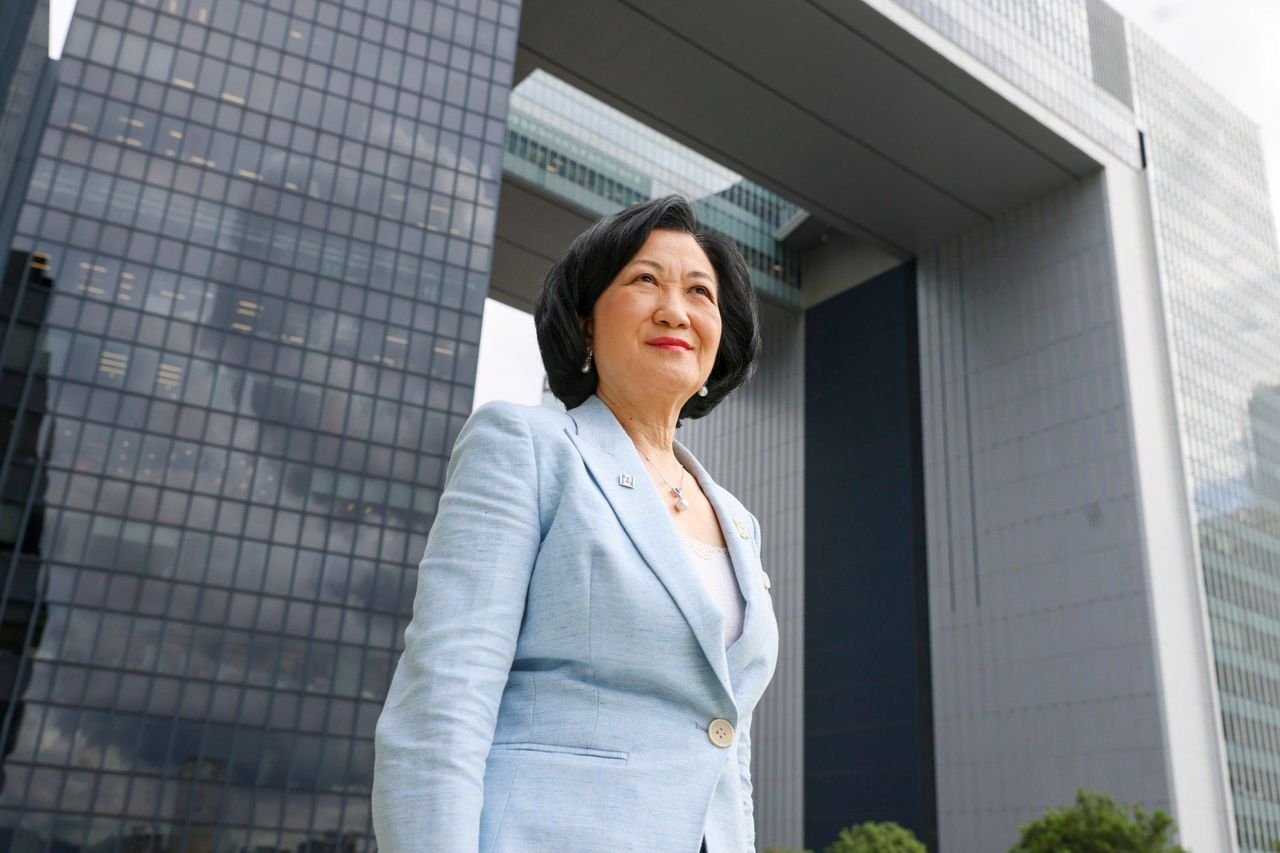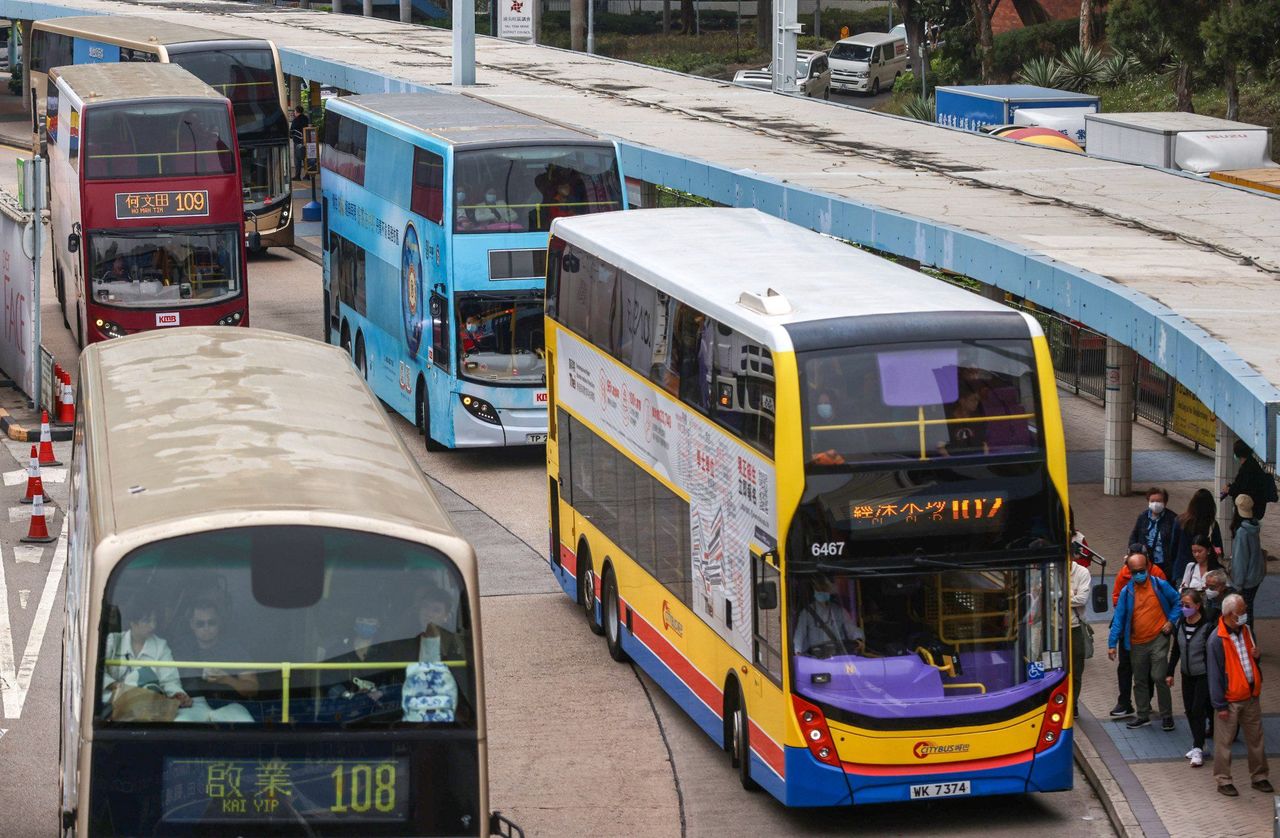Hong Kong News

Allowing Hong Kong franchised bus firms’ fee rises ‘could create bottomless pit’
Pressure is mounting on Hong Kong’s franchised bus operators over their proposed fare increases as government advisers and lawmakers warned of a “bottomless pit” ahead if authorities granted such requests.
Regina Ip Lau Suk-yee, the convenor of the Executive Council, the city’s top advisory body, led the chorus after she earlier said the authorities should not approve substantial bus fare increases. She suggested the companies work harder for a year or two before applying.
“The government already has several transport subsidy schemes … for every resident who spends more than HK$200 (US$25) on public transport each month,” she wrote in a commentary first published on Saturday.
“That means the higher the bus fares, the more the government will need to subsidise. It is a bottomless pit of government subsidies.”
 Regina Ip, convenor of the Executive Council.
Regina Ip, convenor of the Executive Council.
Five bus companies in the city last week requested permission to raise their fares for their six franchises, with Citybus hoping for a 50 per cent increase on its airport routes.
KMB, the largest fleet in Hong Kong, also asked for a 9.8 per cent rise and highlighted increased competition from MTR Corporation’s expanding railway network, especially the full opening of the Tuen Ma line in 2021, which connects the New Territories East and West.
Engineering sector lawmaker Lo Wai-kwok, of the Business and Professionals Alliance for Hong Kong, on Monday said the suggested increments were unreasonable in the present conditions and added that bus companies should wait until the city’s economy returned to normal.
Legislator Gary Zhang Xinyu, of the New Prospect for Hong Kong political party, said the reasons behind the increases were opaque, while the situation of lost trips had not improved after more than a decade.
Hong Kong last year saw a lost trip rate of 2.4 per cent, while the figure 10 years ago was 2.6 per cent.
Although Ip admitted residents’ reduced reliance on buses had hit companies’ operations, she said the proposed increases were so high that they would “drive the government and residents mad”.
 All five franchised bus companies in Hong Kong have applied to increase their fares.
All five franchised bus companies in Hong Kong have applied to increase their fares.
Ronny Tong Ka-wah, a fellow Exco member, said he hoped the city could balance the bus companies’ survival with the public interest.
Tong, however, stressed he would need to go through the available data before making a decision.
“If the bus companies couldn’t make any profit and go belly up, it will be the residents who suffer. If they had to cut routes to make ends meet, it will also be bad for the residents,” he said.
Another Exco member, who asked not to be named, echoed Tong’s remarks and said it would be considered unfair to ask the bus companies to survive on their own.
“It will affect a lot of people. Bus companies hire a lot of staff, and members of the public also need their services. They are not charities,” the councillor said.
The councillor also advised authorities to make sure the transport operators had exhausted all other means of raising revenue aside from fares, such as advertisements.
The Post has contacted the city’s franchised bus companies for further comment, with some declining to reply.
The Transport and Logistics Bureau last week told lawmakers the government would consider several factors before approving the increases, including introducing a fare adjustment mechanism for franchised bus companies.
The mechanism, which the MTR Corp adopted in 2009, allows the railway operator to set its fare using a fixed formula without going through the Legislative Council or the Executive Council every year.
But the same system is not applied to bus companies. With continuous inflation recorded in recent years, the present process has received much public criticism about its inability to reflect the economic situation.
Ip emphasised bus companies did not need to rush to increase their fares and should instead wait for one to two years for the economy to recover.











